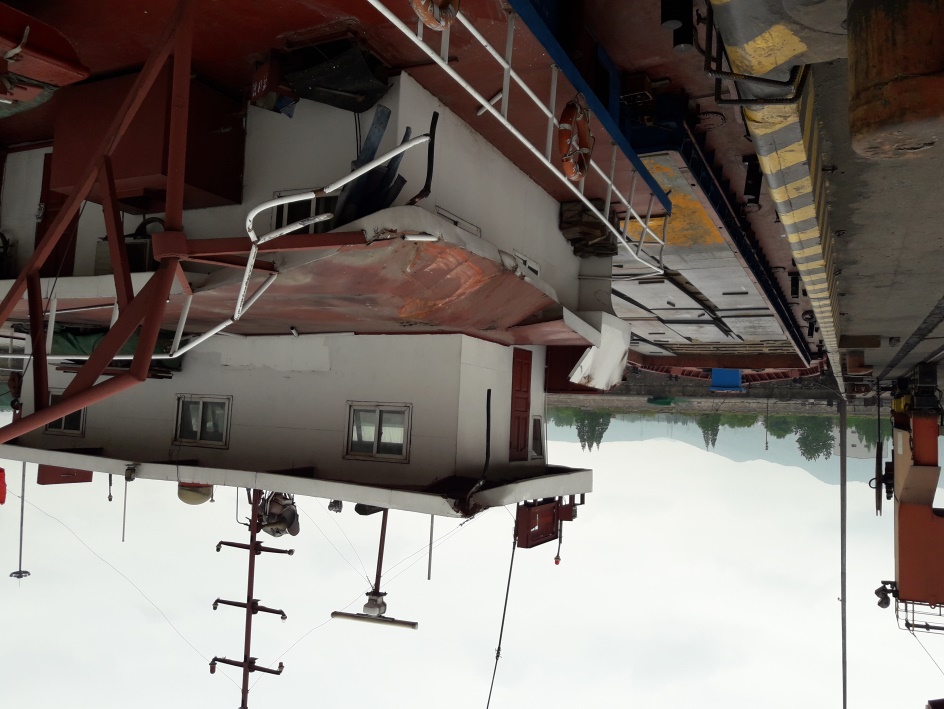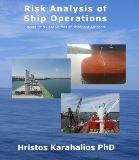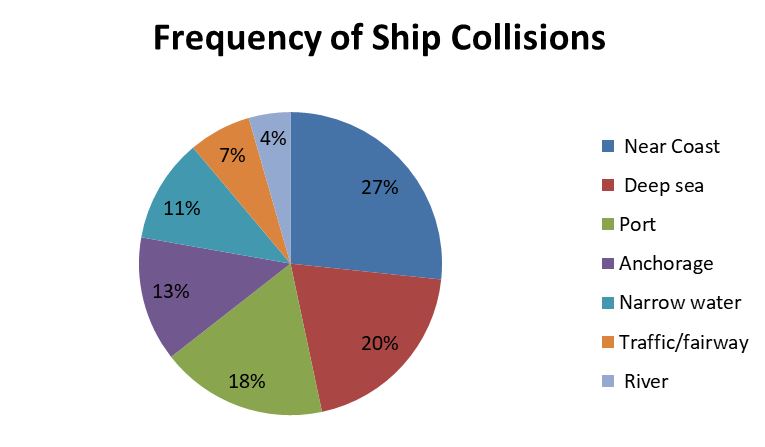What Ship Collision Is
Legal Framework
Ship collision is a type of accident that occurs when two or more vessels come into contact with each other. To avoid such incidents, deck officers must comply with lookout and steering practices as placed in International Rules for Collision Avoidance (COLREGS 1972) at all times. In addition, its scope is extended to include most floating objects such as ships, platforms, barges, etc.

Consequences of a ship collision
The consequences of a ship collision could cause pollution, structural damages, stability issues or emergency evacuations. Smaller vessels are more likely to suffer extensive damages in such incidents when there isa hull breach. Nevertheless, when a fishing boat is struck by a large ship, it is very likely to suffer severe damages leading to its capsize and loss of life.
Root causes of ship collision
Several collision cases appear to have similarities regarding their root causes. Yet because of few cases, statistical analysis is not easy. The cause of a ship collision can be either mechanical failure or human error. Mechanical causes can include equipment failure, while human-related causes can include reckless or negligent behaviour. In either case, the result can be disastrous for those involved. As per Rule 17b COLREGS, every ship should take action and manoeuvre when there is a risk of collision. In other words, both ships take the blame in case of an accident. In most cases, the local courts may be highly rigorous against foreign seafarers.
Geographical distribution
Most ship collisions occur near coastal states despite establishing regulated zones such as VTS (see table below). This high frequency could be because higher traffic is expected near the coasts, also fishing zones. Therefore, congestion of vessels should alert ship crew for strict vigilance. On the other hand, a lack of manning resources may apply when a ship's master must stay on the bridge for a prolonged period or navigate after extended cargo operations. In such cases, fatigue may occur.


